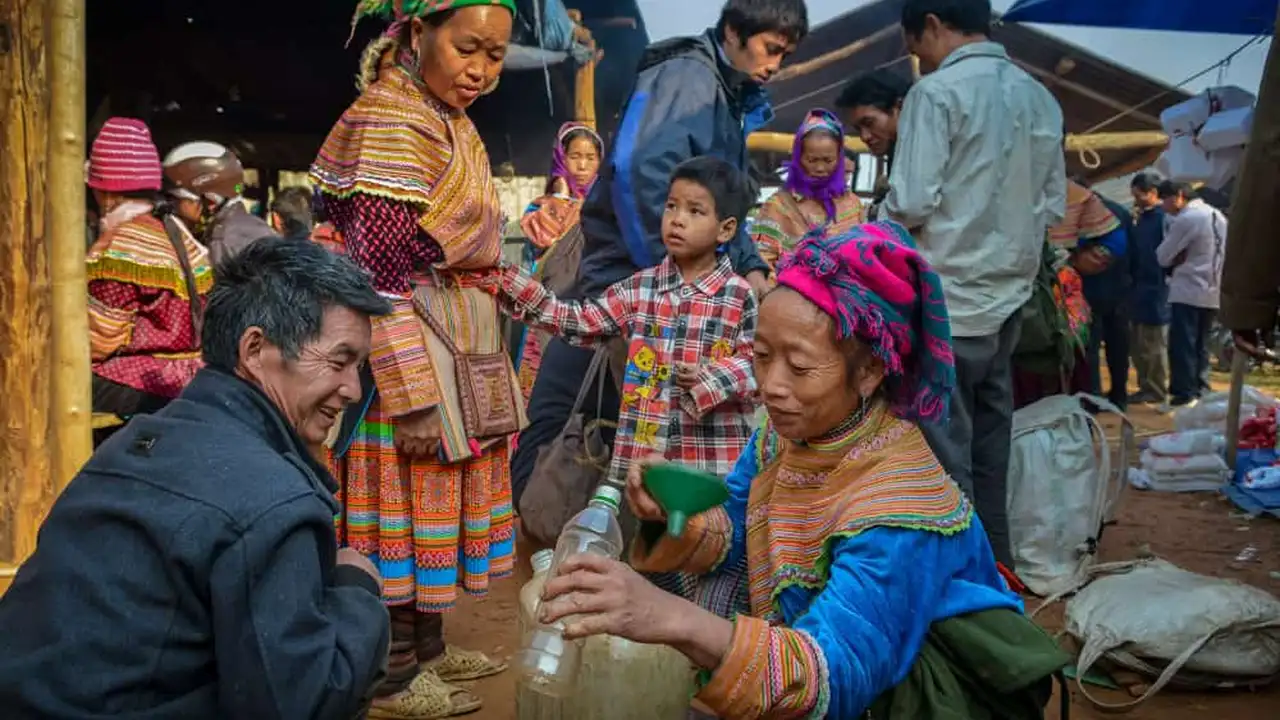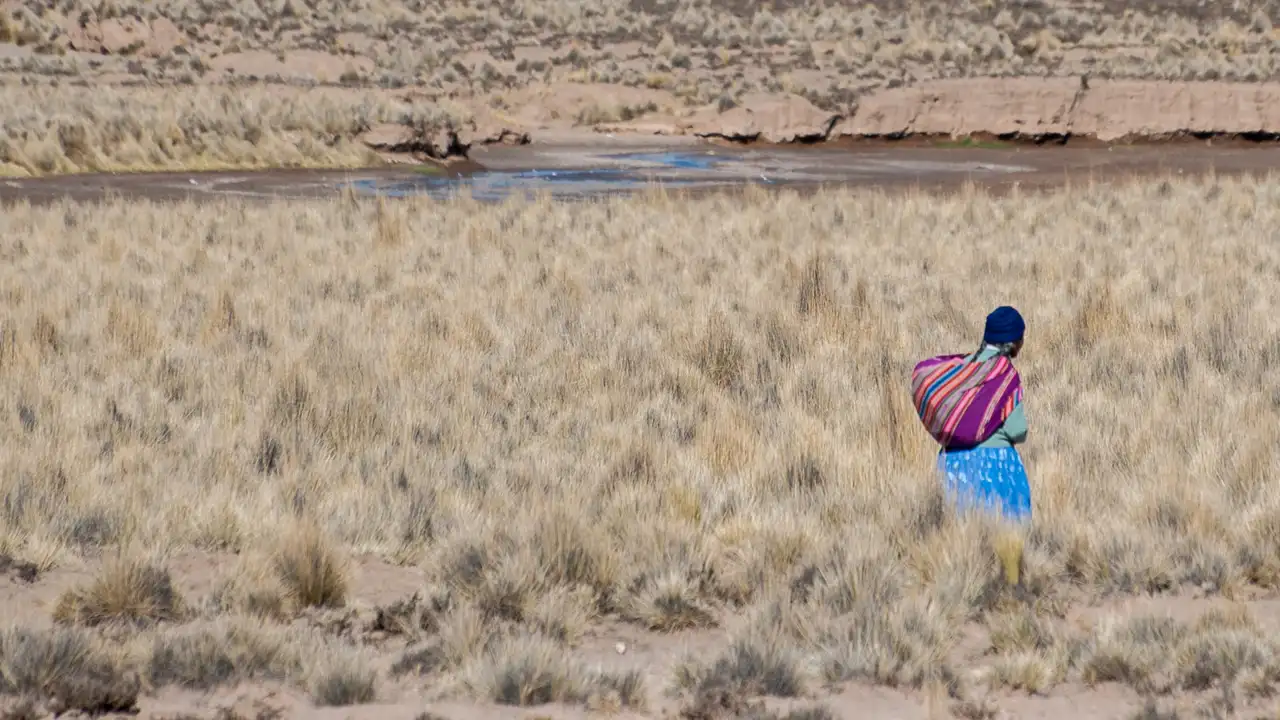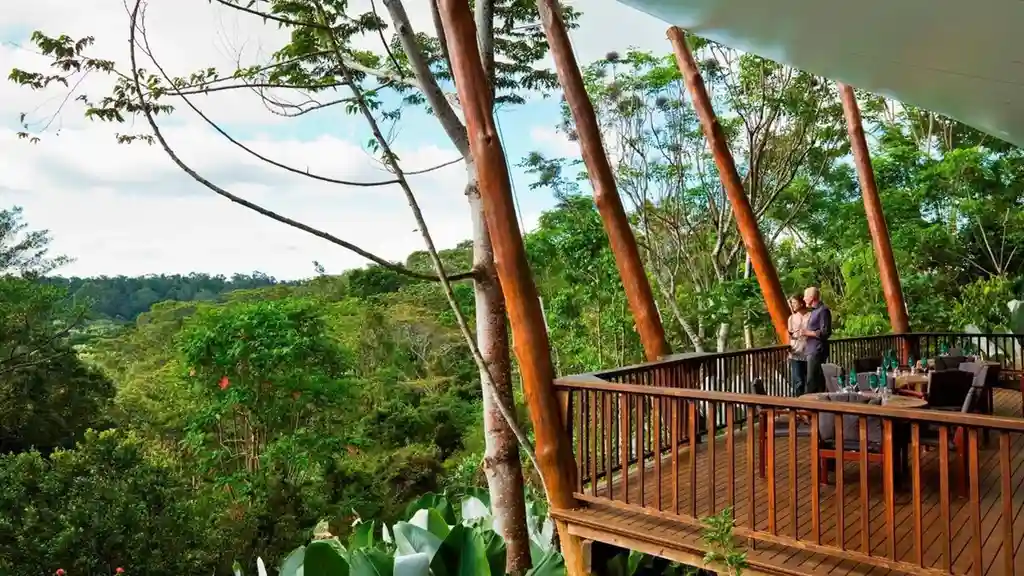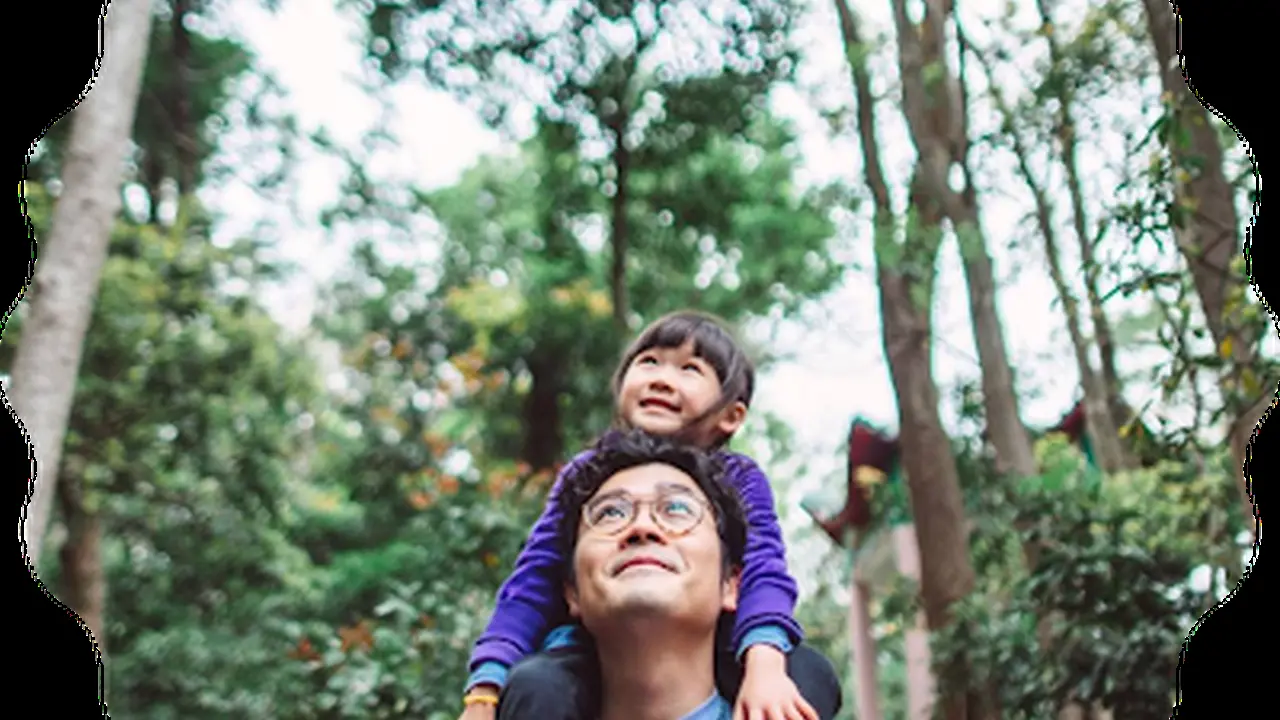Community-Based Tourism Southeast Asia
Explore community-based tourism in Southeast Asia, supporting local economies and cultures. Discover authentic experiences that benefit local communities and promote sustainable development. Choose tours that empower local residents.

What is Community Based Tourism CBT in Southeast Asia
So, you're thinking about traveling to Southeast Asia? Awesome choice! But what if you could do more than just see the sights? What if you could actually help the communities you're visiting? That's where Community Based Tourism (CBT) comes in. Basically, it's tourism that's owned and run by the local community. Think of it as a way to travel ethically and make a real difference.
Instead of staying in a big chain hotel, you might stay in a family-run guesthouse. Instead of eating at a touristy restaurant, you might eat a home-cooked meal with a local family. And instead of going on a generic tour, you might go on a guided hike with someone who actually lives in the area. It's all about putting money directly into the hands of the people who need it most.
Benefits of CBT for Sustainable Development in Southeast Asia
CBT isn't just a feel-good thing to do; it's actually really beneficial for sustainable development. Here's why:
- Economic Empowerment: It provides income and jobs for local communities, helping them to improve their livelihoods.
- Cultural Preservation: It helps to preserve local traditions and cultures by showcasing them to visitors.
- Environmental Conservation: It encourages communities to protect their natural resources, as they become a source of income through tourism.
- Empowerment of Women: Many CBT initiatives are led by women, providing them with opportunities for economic independence and leadership.
Choosing the Right CBT Tour for Ethical Travel in Southeast Asia
Alright, so you're sold on CBT. But how do you actually choose a good tour? Here are a few things to keep in mind:
- Research: Look for tours that are genuinely community-owned and operated. Read reviews and ask questions.
- Transparency: Find out how the money from the tour is used. Does it go directly to the community? Is it used for development projects?
- Respect: Be respectful of local customs and traditions. Dress appropriately, ask permission before taking photos, and be mindful of your impact.
- Sustainability: Choose tours that minimize their environmental impact. Look for tours that use local guides, support local businesses, and promote responsible waste management.
Recommended CBT Experiences and Products in Southeast Asia
Okay, let's get down to the nitty-gritty. Here are some specific CBT experiences and products you might want to check out:
Sapa O Chau Vietnam Ethical Trekking Experience
What it is: Trekking tours in the Sapa region of Vietnam, led by local Hmong guides. Sapa O Chau is a social enterprise focused on empowering Hmong women through tourism.
Why it's great: You get to experience the stunning scenery of Sapa while supporting a community-owned business that provides fair wages and education opportunities for Hmong women.
Typical Itinerary: Multi-day treks through rice paddies and villages, homestays with local families, and opportunities to learn about Hmong culture.
Price: Varies depending on the length of the trek, but expect to pay around $50-$150 per person for a multi-day trek.
Banteay Srei Women's Cooperative Cambodia Silk Products
What it is: A cooperative that produces high-quality silk products, such as scarves, bags, and clothing. The cooperative provides employment and training for women in rural Cambodia.
Why it's great: You can buy beautiful, handmade silk products while supporting a cooperative that empowers women and preserves traditional weaving techniques.
Products: Silk scarves, bags, clothing, and home decor items.
Price: Scarves range from $20-$50, bags from $30-$80, and clothing from $50-$150.
Kampungstay Mesilou Sabah Malaysia Cultural Homestay
What it is: A network of homestays in the village of Mesilou, Sabah, Malaysia. You can stay with a local family and experience their way of life.
Why it's great: You get to immerse yourself in the local culture, learn about traditional farming practices, and enjoy delicious home-cooked meals.
Experience: Staying in a traditional house, participating in daily activities like farming and cooking, and learning about local customs and traditions.
Price: Around $20-$40 per night per person, including meals.
Fair Trade Handicrafts from Laos
What it is: Purchasing handicrafts from fair trade organizations in Laos. These organizations work with local artisans to ensure they receive fair wages and working conditions.
Why it's great: You can buy unique and beautiful handicrafts while supporting ethical and sustainable production practices.
Products: Textiles, wood carvings, jewelry, and other handicrafts.
Price: Varies depending on the product, but expect to pay a fair price for high-quality, handmade items.
Comparing CBT Options Choosing the Best Fit in Southeast Asia
So, how do you choose between these options? Here's a quick comparison:
| CBT Option | Focus | Location | Price Range | Best For |
|---|---|---|---|---|
| Sapa O Chau | Trekking, Women's Empowerment | Vietnam | $50-$150 per trek | Adventurous travelers interested in hiking and supporting women's empowerment. |
| Banteay Srei Cooperative | Silk Production, Women's Empowerment | Cambodia | $20-$150 per item | Travelers looking for souvenirs that support ethical production and women's empowerment. |
| Kampungstay Mesilou | Cultural Immersion, Homestay | Malaysia | $20-$40 per night | Travelers seeking an authentic cultural experience and a chance to stay with a local family. |
| Fair Trade Handicrafts | Ethical Production, Artisan Support | Laos | Varies | Travelers looking for unique souvenirs that support fair wages and working conditions. |
Tips for Responsible Community Based Tourism in Southeast Asia
Before you book your CBT experience, here are a few more tips to keep in mind:
- Learn some basic phrases in the local language. It shows respect and makes it easier to connect with people.
- Be mindful of your consumption. Try to buy local products and services whenever possible.
- Avoid haggling excessively. Remember that these communities are often struggling financially.
- Be respectful of local customs and traditions. Dress appropriately, ask permission before taking photos, and be mindful of your behavior.
- Leave no trace. Pack out all your trash and minimize your impact on the environment.
By choosing Community Based Tourism, you can have an amazing travel experience while making a positive impact on the communities you visit. So go ahead, plan your trip and get ready to explore Southeast Asia in a whole new way!
:max_bytes(150000):strip_icc()/277019-baked-pork-chops-with-cream-of-mushroom-soup-DDMFS-beauty-4x3-BG-7505-5762b731cf30447d9cbbbbbf387beafa.jpg)






